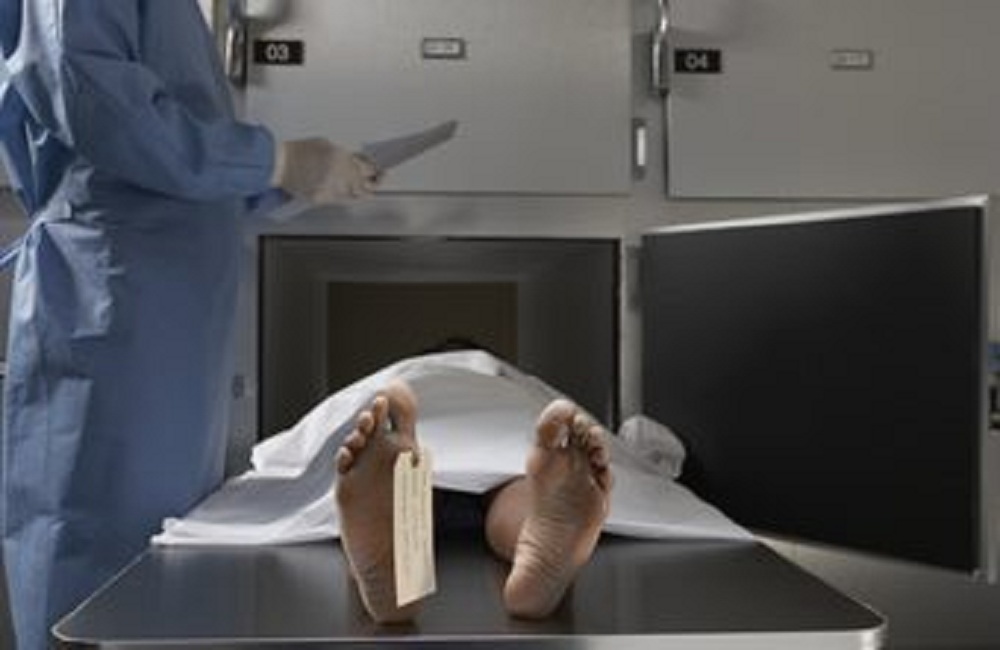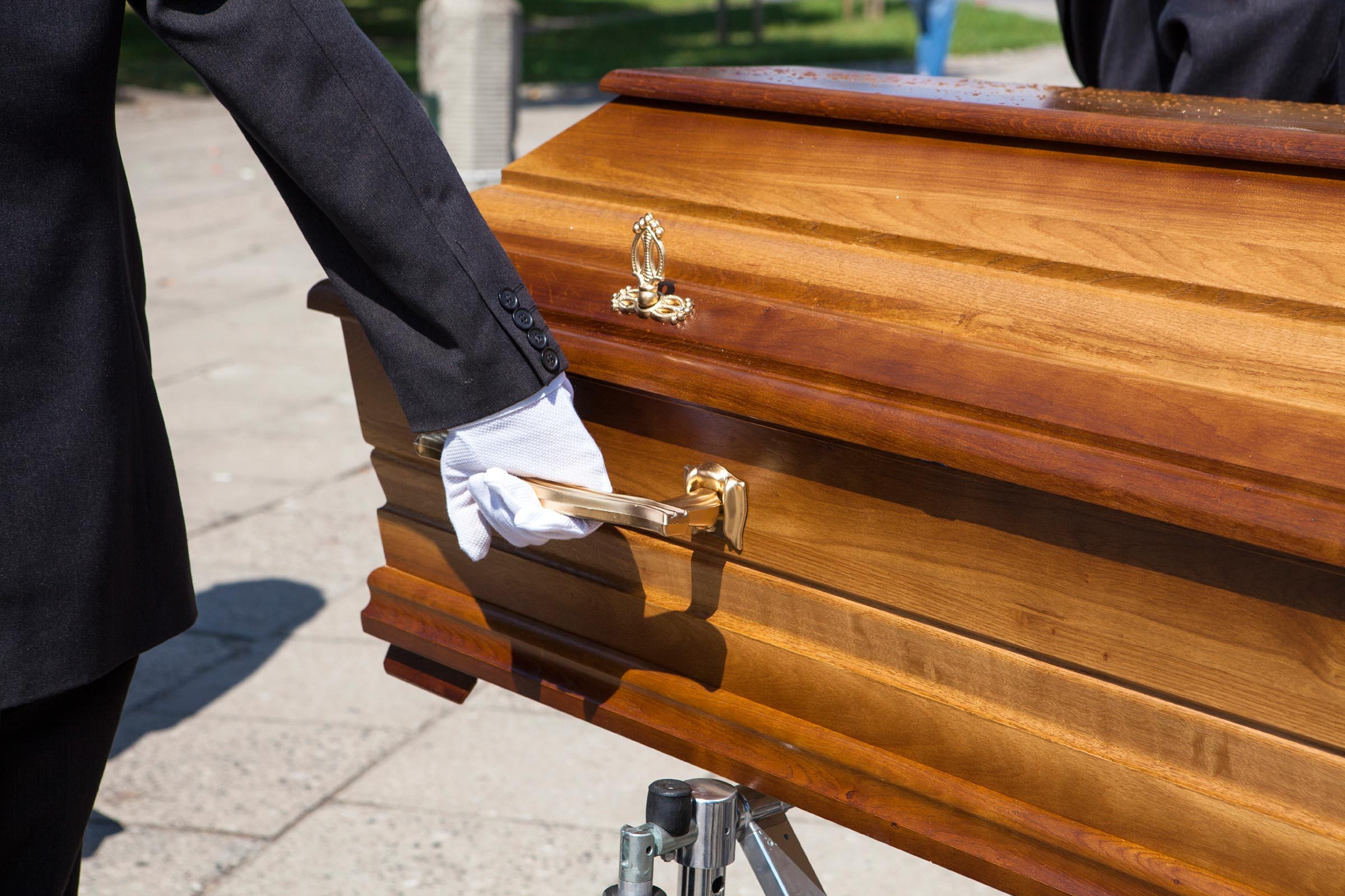
When a loved one passes away, families and friends are often left to navigate the complex and emotional process of planning a funeral. This is where funeral directors come in – professionals who play a crucial role in guiding individuals through one of the most difficult times of their lives. In this article, we will delve into the world of funeral directing, exploring the career overview, roles, and jobs associated with this vital profession, as outlined by the National Funeral Directors Association (NFDA).
What is a Funeral Director?
A funeral director, also known as a mortician or undertaker, is a professional responsible for managing and coordinating funeral services. Their primary goal is to provide compassionate care and support to families, ensuring that the deceased is treated with dignity and respect. Funeral directors are responsible for handling all aspects of the funeral, from the initial arrangement conference to the final burial or cremation.
Key Responsibilities of a Funeral Director
The role of a funeral director is multifaceted, involving a range of tasks and responsibilities, including:
Coordinating funeral arrangements, such as selecting a casket, scheduling the service, and preparing the obituary
Preparing the deceased for viewing, including embalming, dressing, and cosmetizing
Managing the funeral home or mortuary, including maintaining facilities, equipment, and staff
Providing emotional support and guidance to families, answering questions, and addressing concerns
Coordinating with other professionals, such as florists, musicians, and clergy, to ensure a seamless service
Handling administrative tasks, including processing paperwork, managing finances, and maintaining records
Career Overview and Job Prospects
According to the NFDA, the funeral directing profession is expected to experience steady growth, with the Bureau of Labor Statistics predicting a 4% increase in employment opportunities through 2028. To become a funeral director, one must complete a degree program in mortuary science or a related field, followed by an apprenticeship or internship. Most states also require funeral directors to be licensed, which involves passing a national board exam and meeting state-specific requirements.
Types of Funeral Director Jobs
Funeral directors can work in a variety of settings, including:
Funeral homes or mortuaries
Crematories
Cemeteries
Hospices or hospitals
Funeral director associations or organizations
Some common job titles for funeral directors include:
Funeral Director or Mortician
Funeral Home Manager
Cremation Specialist
Funeral Service Coordinator
Pre-Need Funeral Planner
Funeral directors play a vital role in supporting families and individuals during times of grief. Their compassionate care, attention to detail, and professionalism ensure that the deceased is treated with dignity and respect. If you are considering a career in funeral directing, it is essential to understand the roles, responsibilities, and job prospects associated with this profession. With the guidance of the NFDA, individuals can navigate the process of becoming a funeral director and embark on a rewarding and meaningful career.
By choosing a career as a funeral director, you will have the opportunity to make a positive impact on people's lives during their most difficult times. With the right training, education, and support, you can become a skilled and compassionate funeral director, providing exceptional care and service to those who need it most.








